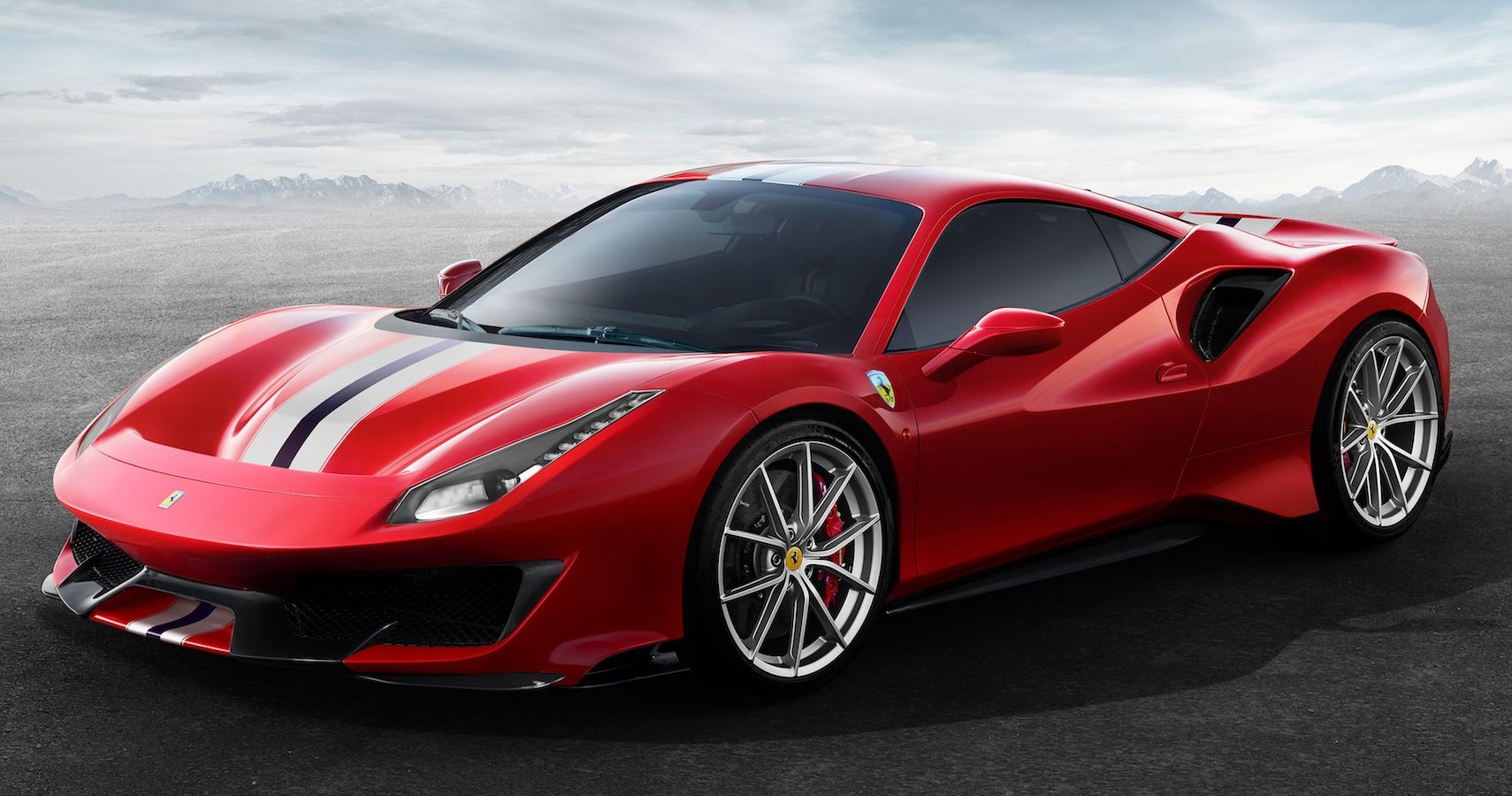The Truth About Premium Gas: Smart Savings or Wasted Cash?

by AutoExpert | 29 March, 2024
Okay, so only a small chunk of new cars really need premium gas. The rest of us? We're just kinda throwing our money away with those fancy pumps. Like, billions of dollars a year kinda wasted.
Here's the deal (and how to stop treating your car to useless gas)
Personal finance gurus love telling you to ditch your daily latte to save money. Cute, but here's something better: stop splurging on premium gas if your car doesn't need it.

Think of gasoline like wine – just because it's more expensive doesn't mean you'll like it more. Your car probably won't either. Always, always follow what the owner's manual says. But sometimes, they'll say something wishy-washy like "premium fuel is recommended" – that means you have a choice!
Quick octane lesson (because knowledge is power!)
If the manual requires premium, you gotta buy it. Octane is all about how much your fuel can handle being squished before going rogue and exploding on its own inside the engine. Back in the day, that sounded like marbles rattling around. Not great.

These days, car makers squeeze way more power out of engines. That means premium gas, with its higher octane rating (usually 91+), is a must to keep things running smoothly, especially if your car's got turbos or superchargers. Using lower octane could actually cause damage (yikes!).
But for less stressed-out engines? Regular unleaded gas is fine. No danger of explosions, no performance boost with the expensive stuff. So all those extra bucks you spend on premium? It's like you're literally setting your money on fire.
How to know for sure if you're wasting cash
"If the manual doesn't scream 'PREMIUM REQUIRED', you're probably fine with the cheaper gas," says Jason Kavanagh, an engineer who knows his stuff. You could always do a little test to be sure if you're feeling cautious.
Good news: if premium is required, accidentally filling up with regular won't wreck your engine. Your car's got some fancy tech to compensate (thanks, knock sensors!), but you might notice it feels a bit sluggish while it works its magic.

More things to stress about (briefly)
Ugh, gas prices change with the seasons, just like our clothes. "Summer gas" is less likely to evaporate (aka contribute to smog), so of course, it costs a bit more. It's one of those things we have to deal with.
And get this - they might start putting more ethanol in gasoline soon. Y'know, that corn-based stuff. Just be extra careful to check those pump labels. If your car wasn't made after 2001, higher ethanol gas is a no-no, and even some newer vehicles straight-up won't take it kindly. That owner's manual is about to become your best friend.

Bottom line: read the labels, follow the rules, save those dollars!

















